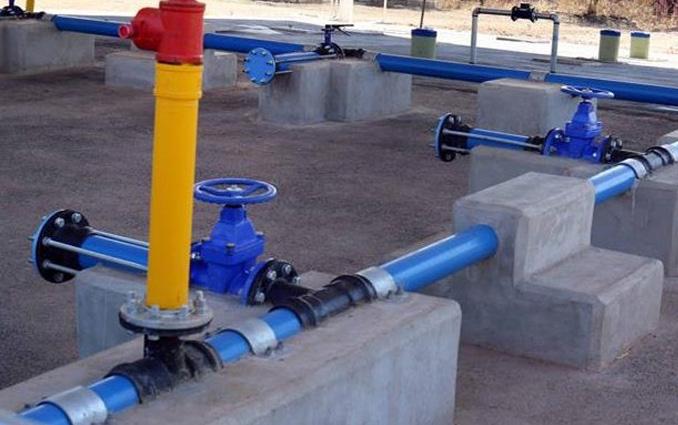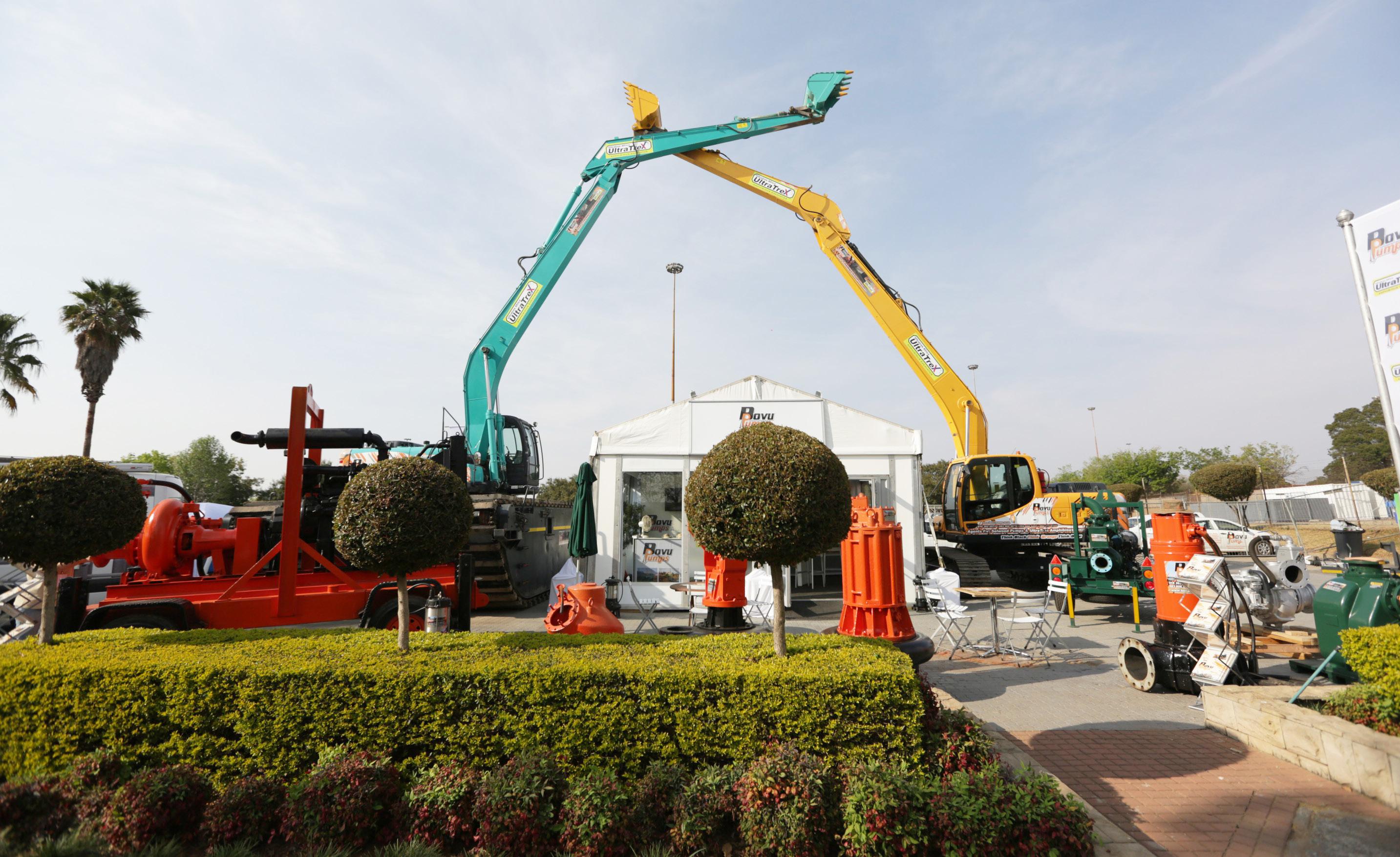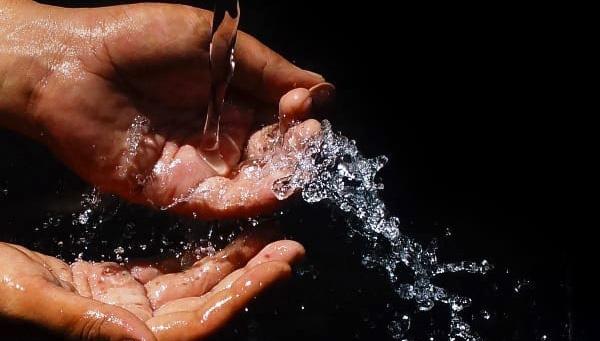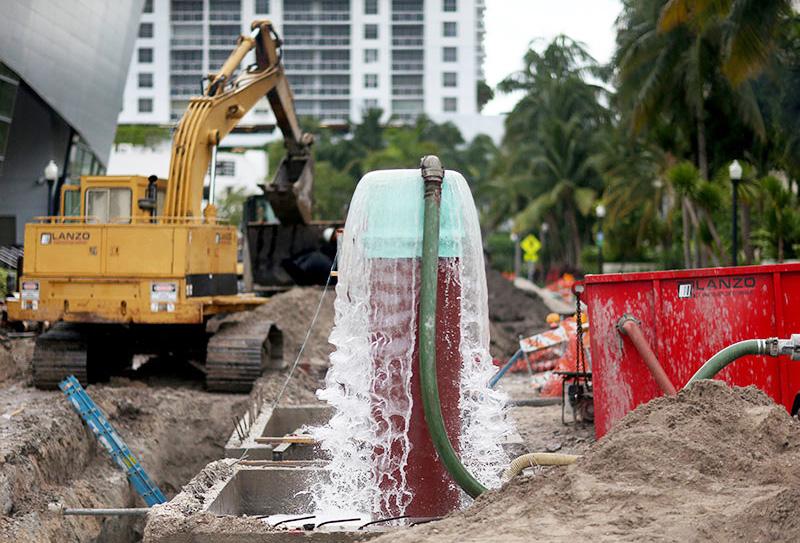
1 minute read
PIPES
Plan and strategise with the experts
A robust water management system is essential to build resilience against increasing demand on limited resources and the effects of climate change on the frequency and severity of droughts and floods. The Covid-19 pandemic has further weakened many water, sanitation and health (WASH) systems.
Advertisement
The issue of water in Africa is a precarious one. The statistics are sobering. At least one in three people don’t have access to clean or safe water on the continent. It is estimated 115 people in Sub-Saharan Africa die every hour from diseases linked to poor sanitation, poor hygiene and contaminated water. About 66% of Africa is arid or semi-arid and more than 300 of the 800 million people in sub-Saharan Africa live in a water-scarce environment – meaning that they have less than 1,000 m3 per capita per year. In many African countries, more than 50% of the people are without access to a basic water supply which is a barrier to hand washing and hygiene, while the lack of clean water contributes to high rates of disease and death in both mothers and newborns.
Every minute a child dies from a water-related disease. More than 315 000 children die annually from diseases caused by unsafe water and poor sanitation. Even just finding water in Africa is a challenge. It is estimated people walk an average of 6km per day just to find water carrying heavy loads of 18kg and more home to sustain their families.
According to SRK Consulting principal scientist, Avril Owens never before has effective water management been quite as necessary as at present. A tailored water management plan, with pragmatic actions to address current on-the-ground challenges and develop and sustain the system, was needed particularly in African countries where drought has affected the already precarious state impacting more than 45 million people’s access to food in 14 countries. It was also not taking into account the impact of climate change that in itself was presenting new challenges while disasters such as landslides and coastal flooding were becoming










